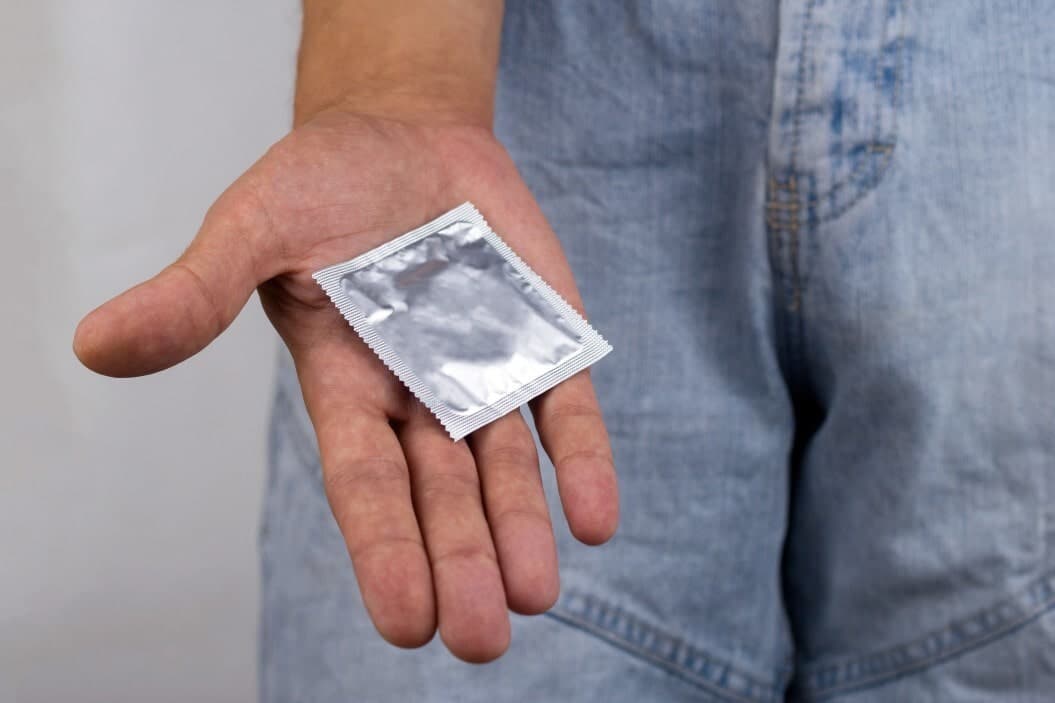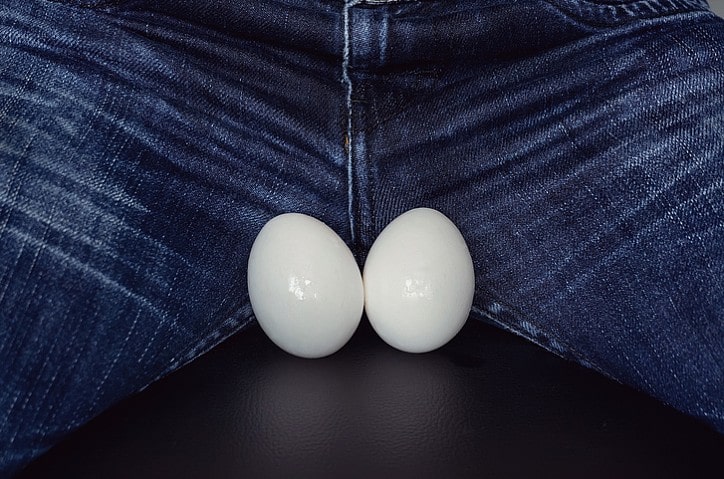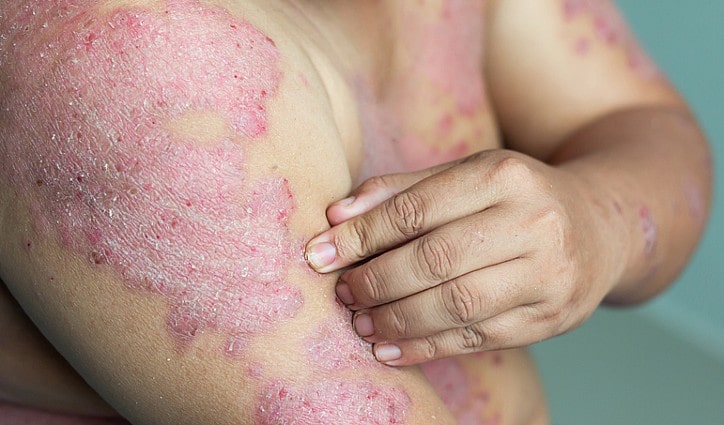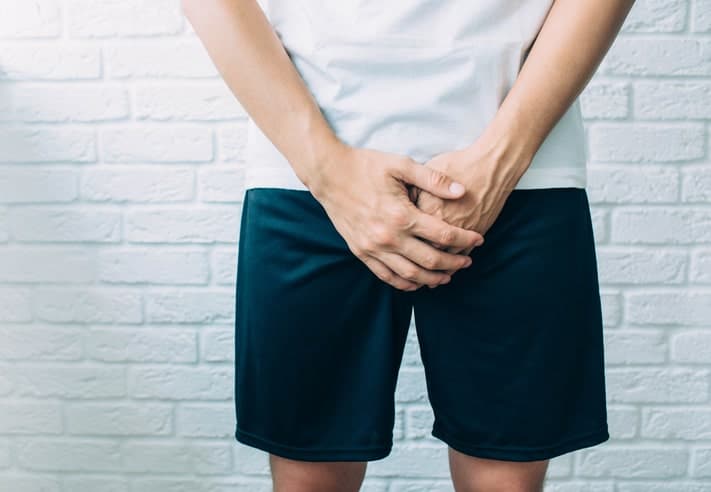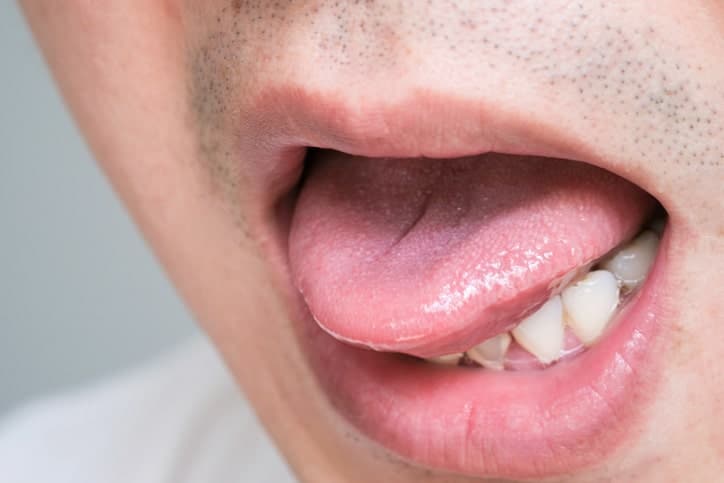Nearly 1 in 3 males experience premature ejaculation at some point. Find out how you can overcome this problem.
Are you stressed about your bedroom performance? Are you ejaculating faster than you would like? If yes, don't despair because you are not alone.
According to studies, premature ejaculation is the most common type of male sexual dysfunction, currently affecting nearly 14-30% of men aged above 18 years. However, the personal nature of premature ejaculation coupled with the hesitancy of patients to openly discuss this sensitive subject means that only a small proportion of the affected individuals seek medical help.
Don’t be one of them.
What is premature ejaculation?
Premature ejaculation occurs when you experience an orgasm or ejaculate sooner than you or your partner would like during sex.
Premature ejaculation is seen as a teenage problem, but it’s actually a very common concern among adult males. Studies show that one out of every three males admit they experience premature ejaculation at some point. It can be highly frustrating and embarrassing, but it’s a pretty common problem - so it’s not something that you should worry about, especially if it only happens occasionally.
What is the standard time of premature ejaculation?
A study that looked at 500 couples found that the average time to ejaculate took about 5 and a half minutes. That being said, there is no standard time of when you should ejaculate during sex. In my opinion, it becomes a problem if the rate of how fast you ejaculate and lose your erection affects you and your partner in bed.
You might be diagnosed with premature ejaculation if you;
- Nearly or always ejaculate within one minute of penetration
- Are unable to delay ejaculation during sex
- Or usually feel distressed and frustrated and tend to avoid sex as a result
What causes premature ejaculation?
Premature ejaculation can be caused by both biological and psychological factors. Common psychological issues that might cause premature ejaculation include;
- Depression
- Guilt
- Stress
- Lack of confidence
- Unrealistic expectations about sexual performance
- Relationship issues
- Perhaps a history of sexual repression
Premature ejaculation not only causes lots of emotional distress on your part but can also impact your relationship. You might feel upset, angry, or ashamed, and eventually, turn away from your sex partner. Premature ejaculation can cause partners to feel hurt or less connected.
We understand that it’s difficult. Talking about it is usually the most important step. Sex therapy or even couples counseling can be highly helpful. Most importantly, you should learn to relax because worries such as anxiety can potentially make premature ejaculation worse.

Is premature ejaculation curable?
Currently, as it stands, there is no proven cure for premature ejaculation. However, there are a number of treatment options that you can actually use to manage or reverse this type of sexual dysfunction. These include behavioural therapy, diet alterations, prescription creams, and drugs.
Let’s briefly discuss some of these treatment options.
Behavioural Therapy
Behavioural therapy simply involves the use of a variety of exercises to help build up a tolerance to help delay early ejaculation. The primary objective of behavioural therapy is to train your body to extend the time between penetration and ejaculation. Some common behavioural therapy techniques include:
- The squeeze method
This technique is believed to treat PE by letting arousal dwindle just before climax. When you feel you are just about to release, stop and have your partner gently squeeze the end of your penis shaft. Let your partner hold the squeeze for a minute or so until you do want to ejaculate. You may need to repeat this technique a couple of times to train your body to eventually be able to delay ejaculation without your help.
- The stop-start approach
With this technique, either you or your partner stimulates your manhood until you feel like you are going to ejaculate. You then stop the arousal for a few seconds or until those feelings pass. You again start the stimulation process, repeating three or four times before you finally ejaculate.
- Pelvic floor exercises
If you didn't know, strengthening your pelvic floor muscles can have a huge impact on how long it takes you to release or attain climax. Studies have shown that pelvic floor exercises may help men suffering from chronic ejaculation regulate their ejaculatory reflex, boosting the time it takes for them to attain climax.
To perform pelvic floor exercises, sit or lie in a comfortable position without exerting any pressure on your perineum, which is the area between your genitals and anus. Tighten the muscles that are involved in cutting off urine flow, holding them as tight as possible for five seconds. At this point, the muscles should feel like they are being lifted, and you may also feel some pressure sensation inside your body, near the muscles. Rest for five seconds before repeating the process at least five times per session. Perform at least two sessions daily.
Medication
Numerous medical treatments may help those suffering from PE. Selective serotonin reuptake inhibitors, commonly known as SSRIs may be used if therapeutic behaviours don't improve your condition. While SSRIs are majorly used in the treatment of depression, one of their side effects is delaying ejaculation. Dapoxetine is an SSRI that is used specifically designed to treat PE and is usually used on-demand, preferably one to three hours before sex.
Over-the-counter topical creams are filled with a numbing agent that can treat PE by minimizing sensation and eventually delaying climax. They can be used at least half an hour before intercourse. However, it is worth noting that numbing creams or sprays should never be left on an exposed penis because it may cause vaginal numbness. Always wash off the cream a few minutes before sex.
Condoms
Putting on a condom during intercourse not only helps prevent STI infections but may also make you last a bit longer. Condoms help numb the sensation in your penis and potentially increase the time it takes to orgasm.
Dietary changes
Research shows that minerals such as magnesium and zinc play a significant role in a man's sexual health and hence can play a role in premature ejaculation. Incorporating foods that are rich in such minerals into your daily diet may help increase the time you usually take to ejaculate. These foods include almonds, pumpkin seeds, beef and lamb, yoghurt, spinach, among others.
The bottom line
Premature ejaculation is a very common condition that affects most men not only in Singapore but across the globe. In fact, it happens to every man at some point.
However, if you experience premature ejaculation more frequently or more than you would like to, then it is high time you seek medical assistance. Besides medications, there are many techniques you can use to help manage or even prevent premature ejaculation. So, it is not something to worry about, provided both you and your partner are willing to openly talk about it and look for the best treatment option.
Good luck!
References
- Harrison, C., Bayram, C., & Britt, H. (2013). Premature ejaculation. Australian family physician, 42(5), 265.
- Martin, C., Nolen, H., Podolnick, J., & Wang, R. (2017). Current and emerging therapies in premature ejaculation: Where we are coming from, where we are going. International journal of urology : official journal of the Japanese Urological Association, 24(1), 40–50. https://doi.org/10.1111/iju.13202
This article was written and medically reviewed by Dr Ben, M.D on 14/09/21

